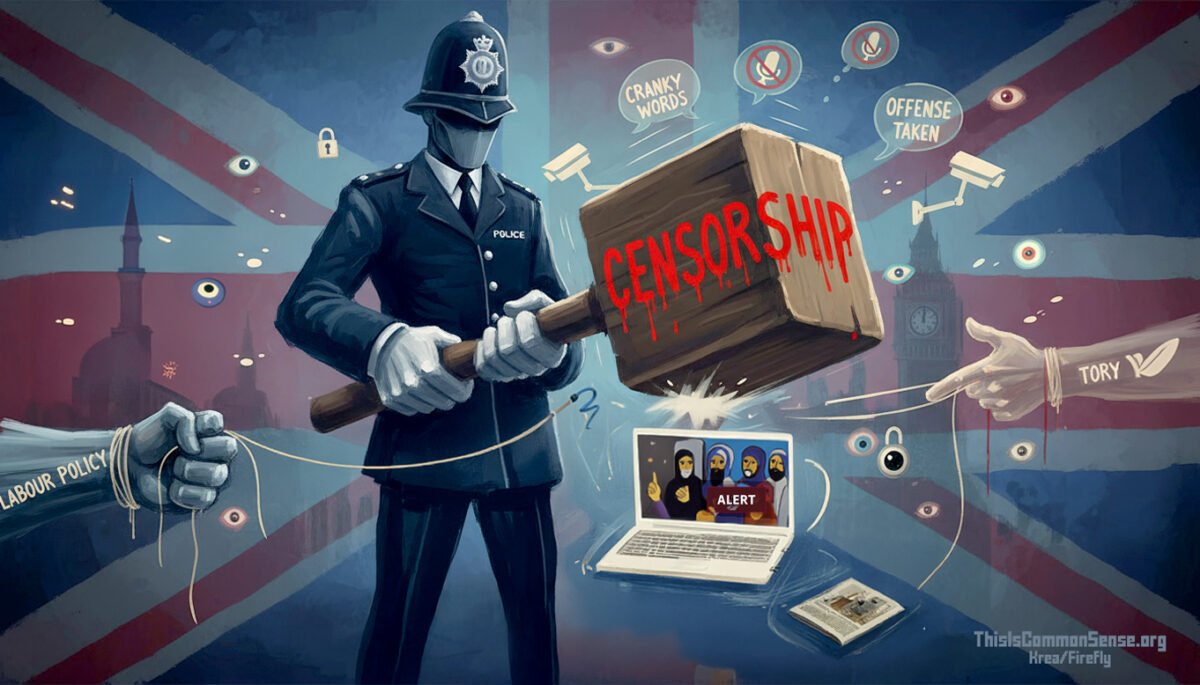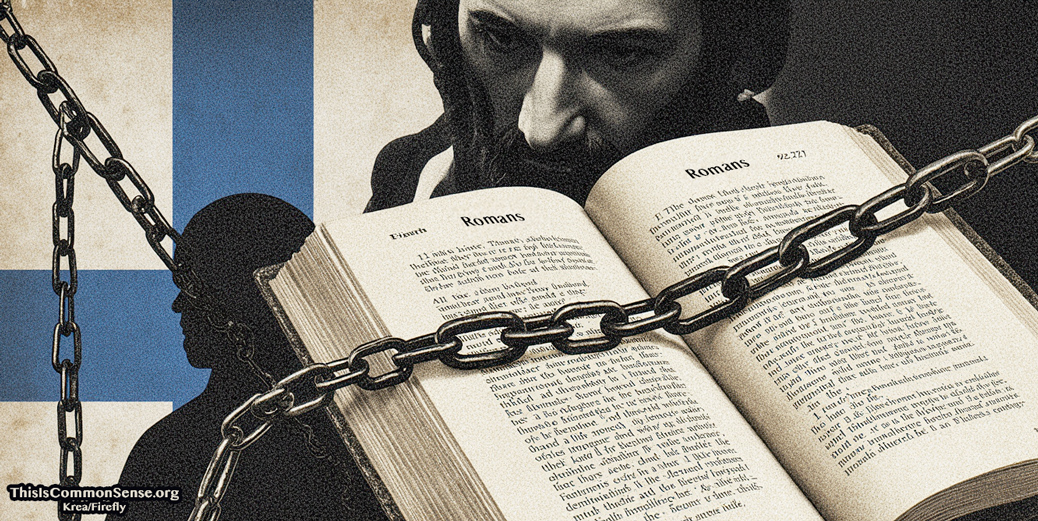European leaders are condemning American use of visa bans to penalize European enemies of American freedom of speech.
Which is understandable, since the U.S. State Department more than merely condemned the European Union.
In the words of Marco Rubio, the five just-sanctioned persons “have led organized efforts to coerce American platforms to censor, demonetize, and suppress American viewpoints they oppose.”
Thierry Breton. Former EU commissioner and top proponent of the Digital Services Act, which seeks to force U.S. tech giants to “police illegal content more aggressively” or face big fines. “Illegal” here doesn’t mean speech deployed to commit bank robberies; it’s speech EU censors dislike.
Josephine Ballon and Anna-Lena von Hodenberg. Leaders of HateAid.
Clare Melford. Leader of Global Disinformation Index, which, the State Department observes, exhorts “censorship and blacklisting of American speech and press.”
Imran Ahmed. Leader of Center for Countering Digital Hate, described by Breitbart as the “deplatforming outfit which defined its central mission as ‘Kill Musk’s Twitter.’ ” CCDH also worked hard to get Breitbart and other sites blacklisted from social media.
Maybe none of these villains was planning a trip to the United States anytime soon.
And, doubtless, much more could be done to combat overseas attempts to censor Americans. But at least this much action against enemies of our First Amendment rights is warranted, even if mostly symbolic.
Just give us a little more time, European leaders. We’ll do more to oppose and thwart your obnoxious global censorship agenda.
This is Common Sense. I’m Paul Jacob.
Illustration created with Nano Banana
See all recent commentary
(simplified and organized)
See recent popular posts









